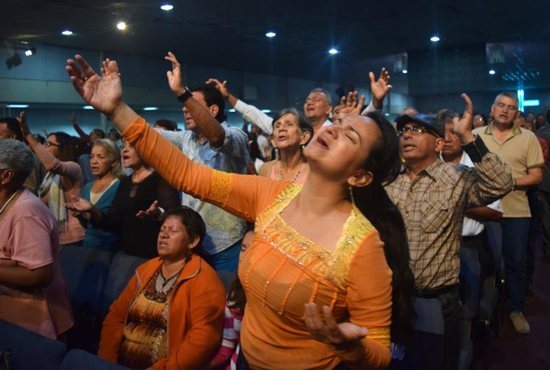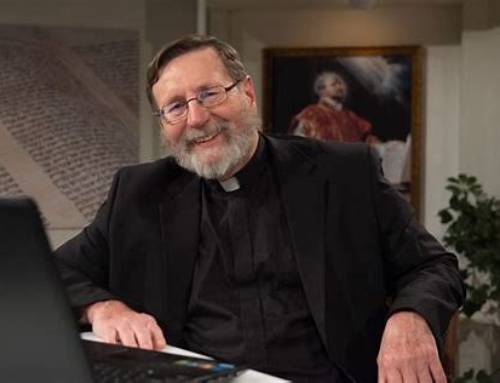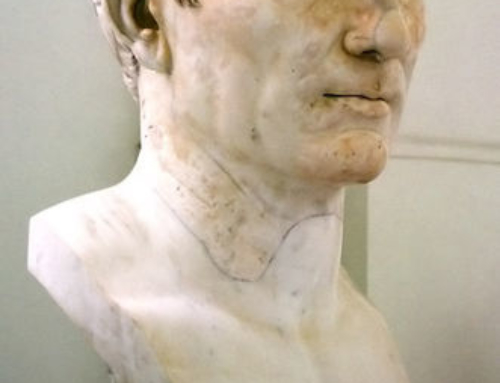You really ought to listen to my podcast on John Allen’s book The Future Church if you want to understand what the heck is going on in the Catholic Church in our times. The fact is, we’re going through a time of huge transition in many ways, and you’d better buckle your seat belts because it’s going to be a bumpy ride.
You can listen to the abridged version of the podcasts at BreadBox media. They have most of the basic information, but the full length version of each episode is here on the blog for Donor Subscribers.
One of John Allen’s chapters is devoted to the rise of pentecostalism worldwide–but especially in Latin America. Basically, the Latin American Catholic Church is being decimated by droves of people voting with their feet and heading for the pentecostal churches.
The Amazonian synod shows us that there is also a vital interest in Latin America in their native spiritualities. A missionary friend who works in Peru says the cult of Pachamama is very fashionable not only among tribal peoples in the jungle, but among the intelligentsia and the social elite. Reports from Colombia, Peru and Bolivia are of government leaders–most of them left wing–who are clearing the government offices of all vestiges of Catholicism and putting up pagan images and hiring shamans to be on their councils and offer rituals rather than the usual Catholic priest to pronounce a blessing.
This interests me greatly because the rise of both phenomena–paganism and pentecostalism–indicate the utter failure and future collapse of mainstream, European and American modernist Christianity. What is modernist Christianity? It is an intellectualized theology that has quietly removed the supernatural from religion. The miracles of Jesus? Ancient myths. Demons? A projection of the negative aspects of the human subconscious. The virgin birth and resurrection? Lovely stories that reveal beautiful meanings.
You get the idea. As one wag observed, “That ain’t a religion. That’s a set of table manners!”
Indeed. The modernist emasculation of religion has been combined with an effort to focus on the practicalities of religion. A utilitarian approach has prevailed in which religion is good for you because meditation is healthy and because religious people have stronger families and everyone needs some sort of belief system to get you through the hard times. Religion is good because religious people do lots of good work in the world and after all isn’t that really what its all about? Feeding the hungry and fighting for justice?
So what is left is indeed, “just a set of table manners”. The root problem is that this modernist religion isn’t really a religion at all. Religion is about the supernatural for god’s sake! Every religion everywhere in the world in every culture and in every age has always been about the commerce between gods and men. It has been about the underworld and the overworked, the fear of death and the hope of glory. Religion is about the supernatural and if you remove the supernatural from religion it ain’t religion.
Going to a modernist church therefore and thinking you will find religion is like going to a steak house and finding tofu on the menu.
This is why paganism and pentecostalism are popular–and not only popular in Latin America, but increasingly popular worldwide. It’s because both pentecostalism and paganism are actually religions. They have to do with the interaction of the supernatural with the natural. They have to do with the threshold of heaven, the meeting place of gods and men.
It is not wonder, therefore that ordinary people are leaving the modernist churches.
What then shall we make of pentecostalism and paganism? One professes to unleash the power of the Holy Spirit in ordinary people’s lives. The pentecostalists, for all their non Catholic errors, at least call people to repentance, conversion and a personal experience of the Holy Spirit in their lives.
Pagans, on the other hands, are trying to do the old black magic thing to appease or please the nature spirits.
The pagan tries to make the gods do his will. The Pentecostal Christian tries to do God’s will.
In both cases though, the devotee believes he is interacting with the divine and the divine is interacting with him…and that’s what we call “religion”.
What to make of paganism? I think it was Hilaire Belloc who observed that once the sacraments are got rid of its not long before witchcraft comes back, and this is what has happened to Christianity in the last century.
One by one the churches have gone modernist. Firs the mainline Protestants, then by slow seepage, the Catholic Church too. Over the last hundred years for lots of complicated reasons, the Christian churches have abandoned the supernatural and in the Catholic Church that means they abandoned a real and genuine belief in the efficacy of the sacraments.
The modernist Catholics (and the Anglicans and Lutherans too) did not get rid of the sacraments as such. They simply turned them into symbols–which was far more effective than banning them altogether. They kept all the old words, but re-interpreted them. Baptism became merely a symbol of washing. The Eucharist became a symbol of our life together. Confirmation became a cute rite of passage. Confession became a therapy session, Anointing no more than a sick visit, marriage a sentimental ceremony and ordination the commissioning of a social worker.
So, starved of the supernatural, the people turn to paganism or pentecostalism.
Did I say we are living in an age of huge transition? Again, listen to my analysis in the Future Church podcast. This transition will be global and those Catholics of a traditional mindset in North America and Europe will be faced with even greater challenges than we have yet seen.
The challenge of change will bring in division and upheaval. It will demand true discernment of the spirit to avoid the pitfalls of paganism and the problems of pentecostalism, but as the Future Church podcast and book reveal, the overall trend will be positive, optimistic and dynamic.
But then, that’s me. I’m forever the optimist!
Remember for the rest of October all new Donor Subscribers (and subscribers to the early low level who upgrade) can request a copy of any one of my books as a free gift. Go here to learn more about becoming a Donor Subscriber.







Leave A Comment
You must be logged in to post a comment.